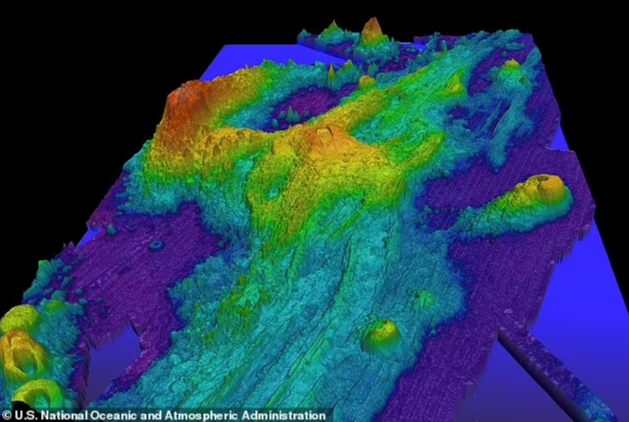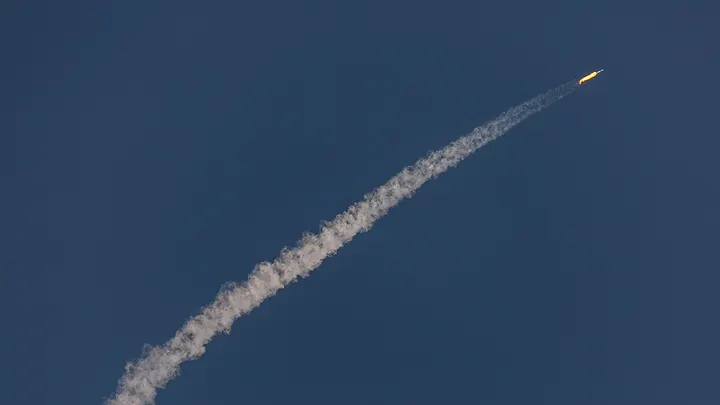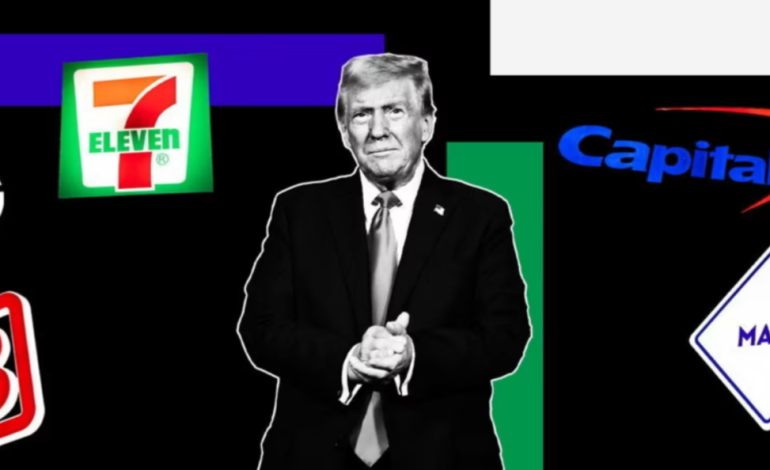Dealmaking activity is expected to accelerate in 2024, with advisers betting that the potential return of Donald Trump to the presidency will spark a resurgence in mega-mergers, the Financial Times reports.
Following a strong rebound in the value of large-scale mergers and acquisitions (M&A) this year, the global M&A market has surpassed the $3 trillion mark, signaling renewed confidence among dealmakers.
So far in 2023, global M&A activity has risen by 11%, a stark contrast to the downturn in 2022 when deal volume failed to reach the $3 trillion threshold for the first time in a decade. The value of megadeals—those worth more than $5 billion—has seen an even more significant 19% increase, even though the overall number of deals has decreased by 20%, reaching a nine-year low.
“Especially for large-deal M&A, it’s mostly about CEO and board confidence levels,” said Tony Kim, co-president of investment banking at Centerview Partners. “There’s a lot of optimism among CEOs for their businesses with the new administration.”
While Kim stopped short of predicting a “gangbuster” year for 2025, he acknowledged several indicators pointing toward a strong recovery in dealmaking.
One of the key expectations is that a Trump presidency could lead to less regulatory scrutiny for large mergers, a stark contrast to the more cautious approach taken by the current administration.
“There’s an expectation that the regulatory framework will be less burdensome,” said Anu Aiyengar, global head of advisory and M&A at JPMorgan Chase.
This shift could encourage more activity in the M&A market, which has been stymied by regulatory concerns under President Joe Biden.
The most significant deal being considered this year is the $47 billion acquisition of Japan’s Seven & I Holdings, owner of 7-Eleven, by Canadian retailer Alimentation Couche-Tard, although the deal remains uncertain due to a rival buyout offer. Other notable transactions include Capital One’s $35.3 billion acquisition of Discover Financial and Mars’s $35.9 billion deal to acquire Kellanova, the maker of Pringles and Pop-Tarts.
While the final quarter of 2023 saw a slowdown in activity compared to the third quarter, a flurry of deals followed the U.S. election in November, signaling that the M&A market might be on the cusp of a full recovery.
“The rumours of the demise of the M&A market were, to a degree, exaggerated,” said Stephan Feldgoise, global co-head of M&A at Goldman Sachs. “There’s been a notable increase in activity since the election.”
The United States accounted for nearly half of global M&A activity this year, with US dealmaking increasing by 8%. In contrast, Asia Pacific saw a 2% decline, though Japan experienced a dramatic 45% increase in M&A activity, reaching a 19-year high. The UK proved to be a popular target for acquisitions, with M&A deals involving UK-based companies rising by 46%, driven in part by attractive valuations in London-listed stocks. European M&A also saw a 20% increase, with some of the region’s largest deals driven by corporate restructuring, including Deutsche Bahn’s sale of its logistics unit Schenker and Clayton Dubilier & Rice’s acquisition of a controlling stake in Sanofi’s consumer healthcare business.
Private equity-backed transactions also surged, rising 25% to $670 billion. However, the industry continues to face a backlog of investments waiting to be sold, compounded by higher interest rates, which have pressured deal volumes.
“There is still a gap on value between buyer and seller expectations,” noted Raphael Bejarano, co-head of global investment banking at Jefferies.
Despite challenges, global investment banking fees have risen by 12% this year, reaching $111 billion, surpassing the 10-year average. Goldman Sachs remains the top global financial adviser for M&A, followed by Morgan Stanley and JPMorgan.









